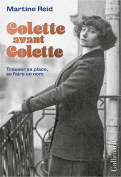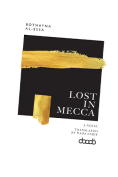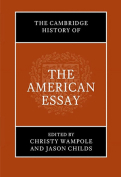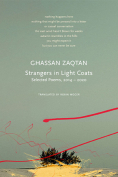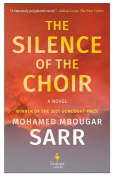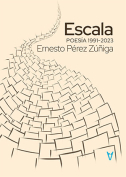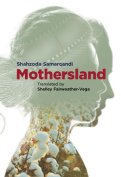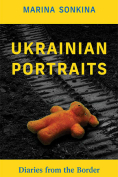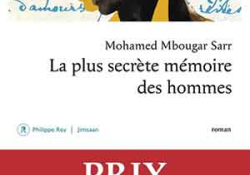The Silence of the Choir by Mohamed Mbougar Sarr
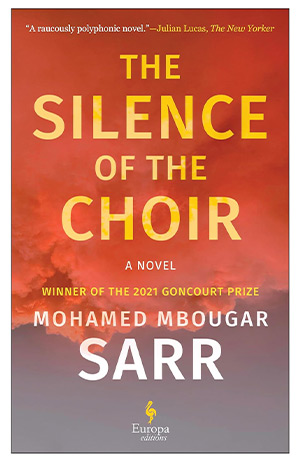 New York. Europa Editions. 2024. 391 pages.
New York. Europa Editions. 2024. 391 pages.
The demographic landscape of Europe is changing. With an increasing migrant population, what constitutes a “national” body is also changing. Italy has found itself at the forefront of this changing demographic, and with a historically low birthrate for natural-born citizens, that nation’s future depends upon its migrants if it is to survive. The literary landscape is also changing, and what was once Italian literature written by Italians is now a mixture of voices and experiences from other parts of the world, including northern and sub-Saharan Africa (see WLT, July 2011).
Mohamed Mbougar Sarr’s new novel, The Silence of the Choir, is a spellbinding work examining the arrival of seventy-two men, referred to in the novel as “the ragazzi,” to a small fictitious Sicilian town, setting off a series of events that will forever change the landscape and lives of all involved. The novel works up to a point of crisis in the form of a soccer match between the ragazzi and the natives, only to be further complicated after the match is over, when violence leads to an inevitable outcome.
What makes The Silence of the Choir so impactful is Sarr’s deft ability to capture the thoughts and feelings of the migrants and native Sicilians without romanticizing them. The novel depicts both sides of the migrant debate, and the cast of characters is authentically realized in ways that force us to newly confront what has been popularly called a global “crisis.” Sarr, born in Dakar in 1990 and writing in French, is perhaps one of the most powerful voices to emerge of the world literary stage in decades.
Alison Anderson’s translation is flawless and mirrors the complexities of the original French with a nuance leaving the reader feeling as if they had emerged from the town itself. Amidst the perceived threat of the stranger to our ways of life, we argue over who gets the right to belong and seek refuge. We would do well to remember that, as readers, we are both inside and outside the borders of this novel as well.
The future of Europe may very well reside in the influx of migrants from Africa, the Middle East, and elsewhere. Who belongs to a community is a question as old as civilization. The twenty-first century is witnessing an alarming resurgence of racism and xenophobia around the globe, and the distance between those who belong and those who are outside is growing. In one particularly resonant scene, Carla, a native of Sicily, asks Jogoy, one of the migrants, what it means to be welcomed, to which he replies: “It means being given something more than just a roof and some bread. It’s being given something beyond hospitality. . . . Human beings need deeper reasons to exist.”
After reading The Silence of the Choir, I am convinced we are all inmates searching for that deeper meaning in the global asylum.
Andrew Martino
Salisbury University
